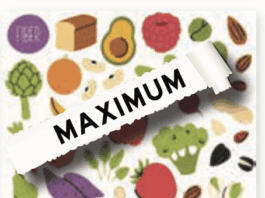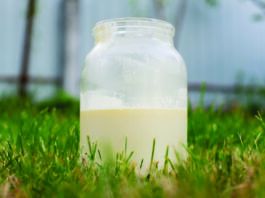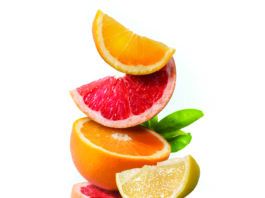Does Coffee Cause Calcium Loss?
I heard that drinking coffee can cause calcium loss from the body. Is that true?
Lost Sense of Taste: Will It Come Back?
Q. I recently lost my sense of taste. I can taste spices somewhat. Can you tell me if and how I can get back my sense of taste?
Is The Phytoestrogen in Soy Milk Linked to Breast Cancer?
Q. I've been drinking soy milk daily for years. Since it contains phytoestrogens, I wonder if it puts me at higher risk of developing breast cancer?
Do Fitness Trackers Help People Get Active?
Most people know they should exercise more, but many find it hard to start and maintain this behavior. Trackers can be beneficial in that regard, but certainly not all people like them. So, you may want to start with a low-cost wearable tracker or a free activity-reminder app for your mobile device or computer.
Eating at Night: Does It Contribute to Weight Gain?
During the day, the hormones and overall metabolic processes in our bodies are better prepared to handle the food we consume than if we eat later in the evening when our so-called 'body clock' is preparing for rest. Although this body clock may vary slightly from person to person, the suggestion of avoiding eating after 8 p.m. is, broadly speaking, a good way to ensure that eating happens before our metabolism begins to wind down for the night.
What is High-Oleic Sunflower Oil?
High-oleic sunflower oil is a type of plant oil made from sunflower seeds that have been conventionally bred to be high in oleic acid (a monounsaturated fatty acid) and low in linoleic acid (a polyunsaturated fatty acid). There is a minimum of 80% oleic acid in high-oleic sunflower oil. In comparison, traditional sunflower oil has less oleic acid (around 20%) and more linoleic acid. Both high-oleic and traditional sunflower oils are low in saturated fatty acids. Either type of sunflower oil is a good choice from a cardiovascular standpoint, but the traditional oil is less commonly sold in stores or used by the food industry.
Why Are Calcium-Fortified Foods Better Than Calcium Supplements?
Calcium is better absorbed and utilized if consumed in smaller amounts spread out during the day. Calcium-fortified foods typically contain smaller amounts of calcium than dedicated supplements. And, although people tend to focus on calcium and vitamin D for bone health, many other nutrients, such as potassium, magnesium, zinc, vitamin C and vitamin K, also are important for bones.
Does Decaffeinated Black Tea Have the Same Benefits?
The potential health benefits of regularly consuming black tea, such as lower risk of heart disease, certain cancers and osteoporosis, are likely due to the polyphenols it provides. Polyphenols may help protect our body in several ways, such as by helping prevent cell damage, supporting the immune system and fighting inflammation, among other mechanisms.
Do Probiotics Help Gums and Teeth?
Any such potential benefits of probiotic supplements in the oral cavity would depend upon whether they are appropriate to the specific oral problem at hand. That means having the right bacterial composition, dosage level and vehicle for delivery, which may be either directly to oral tissues (for example, by injecting them under the gums or providing them in chewing gum or dissolvable lozenges) or indirectly via salivary or bloodstream effects of a swallowed supplement.
Choline Adequate Intake: What is Recommended?
Humans can produce choline, but the amount is usually not sufficient (depending on factors such as age and genetics), so dietary intake of some choline is necessary. In the US, the most common sources of choline are meat, poultry, fish, dairy products and eggs. Cruciferous vegetables, beans, nuts, seeds and whole grains also supply choline.



























